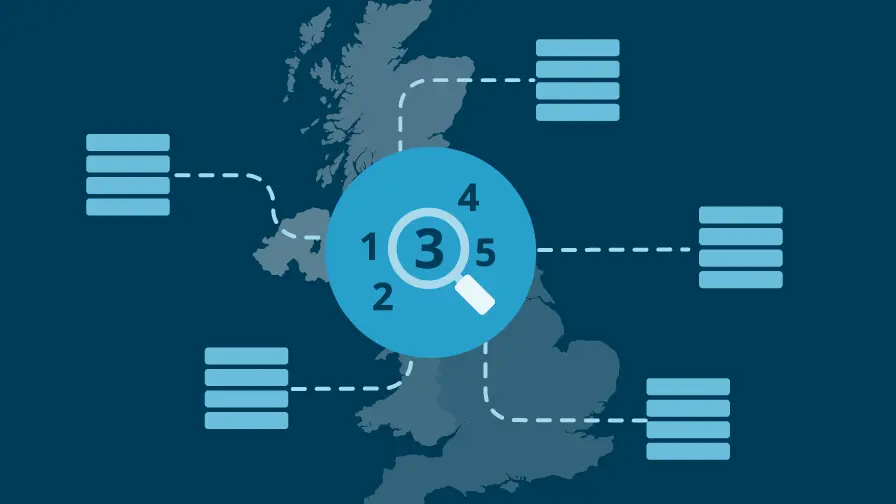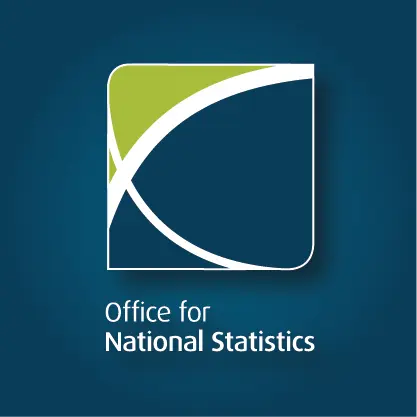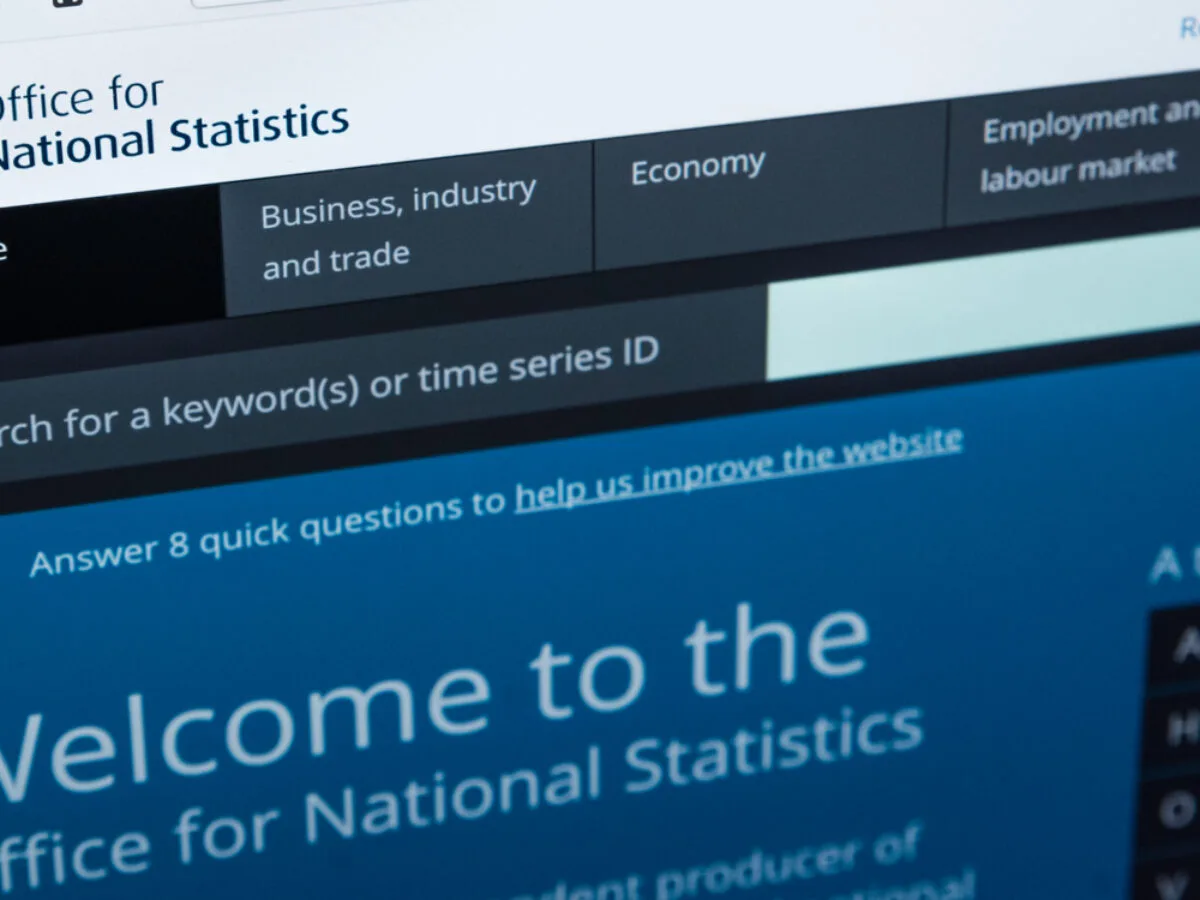In an age characterized by the relentless pursuit of knowledge and understanding, the Office for National Statistics (ONS) emerges as a lighthouse amidst a sea of data. Established with a solemn mandate to illuminate the intricacies of the United Kingdom’s societal fabric, the ONS serves as the cornerstone of evidence-based decision-making, policy formulation, and academic inquiry. With every dataset meticulously collected, analyzed, and disseminated, the ONS embodies a commitment to accuracy, reliability, and transparency, offering a beacon of insight in an increasingly complex world. As we embark on this journey of exploration, it becomes abundantly clear that the ONS is not merely a repository of statistics but a guardian of truth, empowering citizens, businesses, and policymakers alike with the tools to navigate the turbulent waters of modernity.
Amidst the ever-evolving landscape of data, the ONS stands as an unwavering bastion of integrity, ensuring that the information it provides remains not only accurate but also relevant and accessible to all. From the bustling corridors of government institutions to the boardrooms of multinational corporations, the insights gleaned from ONS data shape the decisions that reverberate across society, influencing everything from economic policies to social programs. Yet, beyond its instrumental role in guiding the course of nations, the ONS plays a profound role in fostering an informed citizenry, empowering individuals to engage critically with the issues that define their lives. In a world where misinformation often runs rampant, the ONS serves as a beacon of truth, offering a sanctuary of impartiality in an age of uncertainty.
As we navigate the labyrinthine corridors of the modern world, the significance of the ONS becomes ever more apparent, its influence extending far beyond the realm of statistics. With each dataset meticulously curated and every report meticulously crafted, the ONS serves as a custodian of knowledge, preserving the collective wisdom of a nation for future generations. Yet, amidst the deluge of data and the cacophony of voices clamoring for attention, the ONS remains steadfast in its commitment to transparency, accountability, and public service. In an era defined by rapid change and unprecedented challenges, the ONS stands as a beacon of stability, offering a guiding light to all who seek to navigate the tumultuous waters of the modern age.
Understanding the Office for National Statistics (ONS)
The Office for National Statistics (ONS) is the UK’s principal statistical authority, established by the Statistics and Registration Service Act 2007. It operates independently of government departments, ensuring impartiality and credibility in its data collection, analysis, and dissemination processes. ONS is responsible for producing a wide range of statistics covering demographics, economy, society, and the environment. From population censuses and labor market surveys to inflation reports and crime statistics, ONS provides comprehensive insights into various aspects of national life.
Importance and Benefits of ONS Data
Informed Decision-Making
Access to reliable statistics is paramount for informed decision-making across sectors. Whether it’s shaping public policies, allocating resources, or identifying market opportunities, ONS data provides decision-makers with valuable insights into social, economic, and environmental trends.
Economic Insights
ONS releases several key economic indicators that are closely monitored by businesses, policymakers, and financial markets. These include Gross Domestic Product (GDP), Consumer Price Index (CPI), employment figures, trade balances, and business surveys. Such data play a crucial role in assessing the health of the economy, informing monetary and fiscal policies, and guiding investment decisions.
Social Policy Development
Government departments and non-profit organizations rely on ONS data to formulate and evaluate social policies aimed at addressing societal challenges. Data on education attainment, healthcare outcomes, income distribution, housing affordability, and crime rates help policymakers identify areas of need, target interventions, and measure the effectiveness of interventions over time.
Academic Research
ONS data serves as a valuable resource for academic researchers across disciplines. Scholars use ONS datasets to conduct empirical studies, test hypotheses, and advance knowledge in fields such as economics, sociology, demography, public health, and environmental science. By providing access to high-quality and nationally representative data, ONS supports evidence-based research and contributes to academic discourse.

Office for National Statistics Representative Image - Source : ons.gov.uk
What ONS Can Do
ONS primarily focus on the following activities:
- Data Collection
- Data Analysis
- Data Dissemination
Data Collection
ONS employs various methods to collect data, including surveys, administrative records, and data linkage. The Annual Population Survey, Labour Force Survey, and Census are among the largest and most comprehensive surveys conducted by ONS. In addition, ONS collaborates with government agencies, businesses, and other organizations to access administrative data for statistical purposes.
Data Analysis
Skilled statisticians and analysts at ONS utilize advanced statistical techniques and software tools to process and analyze data. Whether it’s calculating unemployment rates, estimating poverty levels, or forecasting population growth, ONS applies rigorous methodologies to ensure the accuracy and reliability of its statistical outputs.
Data Dissemination
ONS is committed to making its data accessible and user-friendly. The ONS website serves as a central hub for accessing a wealth of statistical information, including datasets, reports, publications, and interactive tools. Users can explore data through customizable search options, interactive maps, and visualization tools, making it easier to understand and interpret complex information.
Data Usage and Accessibility
Free Access
The majority of ONS data products and services are freely available to the public, reflecting the organization’s commitment to openness and transparency. Users can access ONS datasets, reports, and publications through the ONS website without any cost, facilitating widespread use and dissemination of statistical information.
User-Friendly Tools
ONS provides a range of user-friendly tools and platforms to enhance data discovery and analysis. Nomis, for example, allows users to access labor market data and create custom reports tailored to their needs. Meanwhile, Data Explorer enables users to explore and visualize data through interactive charts, graphs, and maps, making it easier to identify trends and patterns.
Data Quality
Maintaining data quality is a top priority for ONS. The organization adheres to stringent quality assurance processes throughout the data lifecycle, from collection and processing to dissemination and archival. ONS follows international standards and best practices for statistical production, ensuring that its data products are accurate, reliable, and fit for purpose.
Who Can Use It
The versatility of ONS data makes it valuable to a diverse range of users, including:
Government agencies: for policy formulation, program evaluation, and performance monitoring. Businesses: for market analysis, strategic planning, and investment decisions. Researchers: for academic studies, empirical research, and evidence-based policymaking. Educators: for teaching materials, research projects, and data-driven learning experiences. Journalists: for investigative reporting, data-driven storytelling, and fact-checking.
License and Legal Considerations
While the majority of ONS data is freely accessible, users should be aware of any licensing agreements or usage restrictions associated with specific datasets. ONS provides guidance on data licensing and copyright issues to ensure compliance with legal requirements. Users are encouraged to attribute ONS as the source of the data when citing or referencing ONS statistics in publications, presentations, or other forms of dissemination.

Office for National Statistics Representative Image - Source : ons.gov.uk
Famous Data Sources Released by ONS:
UK Census
Conducted every ten years, the census provides detailed demographic information about the population of the United Kingdom, including age, sex, ethnicity, housing, and household composition. View Dataset
Labour Force Survey (LFS)
A quarterly survey that measures employment, unemployment, and economic activity in the UK labor market, providing key indicators such as unemployment rates, employment rates, and earnings. View Dataset
Consumer Price Index (CPI)
A monthly measure of inflation that tracks changes in the prices of a basket of goods and services purchased by households in the UK, including food, housing, transportation, and recreation. View Dataset
Annual Business Survey (ABS)
A comprehensive survey of UK businesses conducted annually, providing data on turnover, employment, and financial performance across different sectors of the economy. View Dataset
As we bid adieu to this journey through the annals of the Office for National Statistics (ONS), we do so with a profound appreciation for its indispensable role in our collective quest for knowledge and understanding. In an era where data reigns supreme, the ONS emerges as a beacon of insight, guiding us through the labyrinthine corridors of societal dynamics, economic trends, and environmental shifts. With each dataset meticulously collected, analyzed, and disseminated, the ONS exemplifies the virtues of accuracy, reliability, and transparency, serving as a cornerstone of evidence-based decision-making and policy formulation.
Yet, as we reflect on the myriad ways in which the ONS shapes our understanding of the world, we must also acknowledge the challenges that lie ahead. In an age characterized by the rapid proliferation of data and the ever-changing nature of societal dynamics, the ONS faces the daunting task of staying abreast of emerging trends and evolving methodologies. Moreover, in a world where misinformation and disinformation abound, the ONS must remain vigilant in its pursuit of truth, safeguarding the integrity of its data against the tide of falsehoods that threaten to undermine public trust.
Nevertheless, as we look to the future, we do so with optimism and hope, buoyed by the unwavering commitment of the ONS to excellence, integrity, and public service. In an age where the need for reliable, impartial data has never been greater, the ONS stands as a shining example of the transformative power of information, empowering individuals, organizations, and governments to make informed decisions and shape a brighter future for all. As we embark on the next chapter of our journey, let us do so with a renewed sense of purpose and resolve, knowing that with the ONS as our guide, the possibilities are limitless.

 Unlocking the Potential of Open Data: A Guide to Licensing
Unlocking the Potential of Open Data: A Guide to Licensing